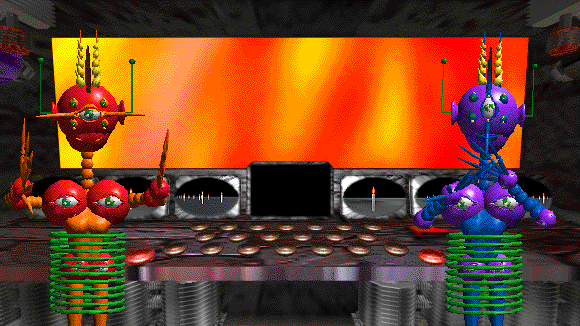Love the milieu 

The database site MobyGames currently counts over 100,000 games released since 1983, surely a low-ball figure that doesn’t include an endless number of independent games and adjacent software titles. No one can reasonably play all of these, both for practical reasons and because of the challenge of choosing which to try. That’s partly why we listen to criticism or recommendations. But even then, if you managed to work through a consensus list of the one thousand most essential games, you would have experienced at most one percent of everything available.
The remaining 99 percent is the milieu of gaming, the overwhelming bulk of the medium that never receives the same attention. For every highly successful, acclaimed strategy game, for instance, dozens more exist without as much recognition. This might be seen as meritocracy at work; the games in the spotlight should theoretically be the best ones. That just isn’t the case though. Things slip through the cracks.
Everyone has at least one favorite game that’s less well-known or critically unhailed. These games aren’t anomalies. So many terrific experiences exist outside the typical gaming canon, and we’ve all enjoyed some of them – yet we still collectively tend to write off the milieu as lesser titles or filler. Why? Not everything is good or exciting, of course, but no one should write off media by default because of broader indifference.
Sometimes accomplished games just pass under the radar and need another look. But much of this comes, I feel, from the tendency for game criticism (particularly historically) to focus on structural aspects – equating value with mechanics, length, challenge, technical accomplishments, and so on. And although this is a totally valid way to discuss games sometimes, it’s not the only way. Unknown games are hurt by this line of discussion, because they’re easy to dismiss en masse as presumably derivative, uninnovative, or mediocre.
Games can be creatively accomplished and enjoyable beyond those criteria! We should embrace that we might love a game for its characters or sense of style or something more intangible, even and especially when it doesn’t stand out on functional terms. Once we get there, all the run-of-the-mill games seem a whole lot more interesting.
Imagine how many great games we might discover if we played everyone’s favorite unnotables. Our relationships with games are so subjective and personal, and once we accept that a purportedly forgettable title could hold something special for us, we open ourselves to thousands of games we might not have considered could be one of our most beloved.
